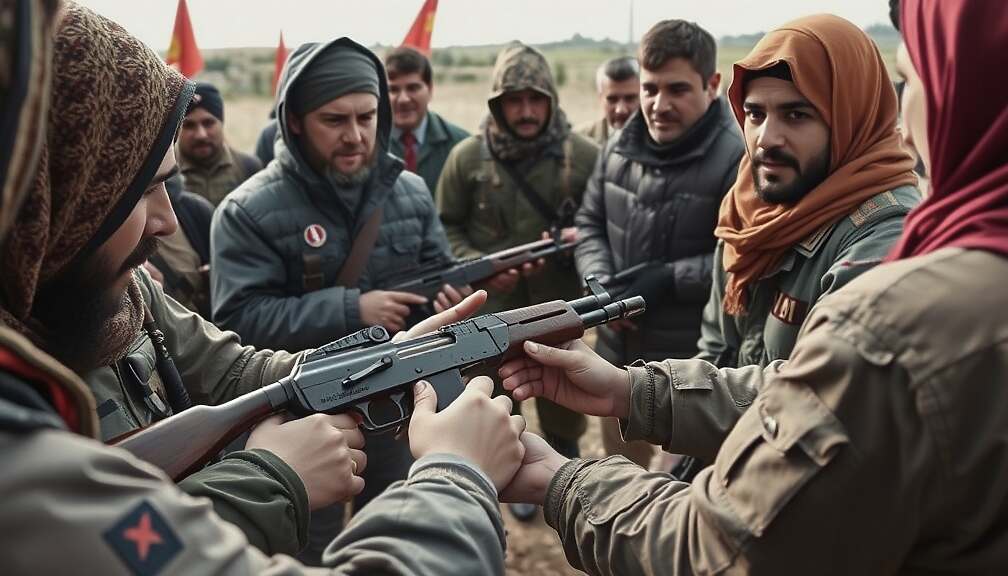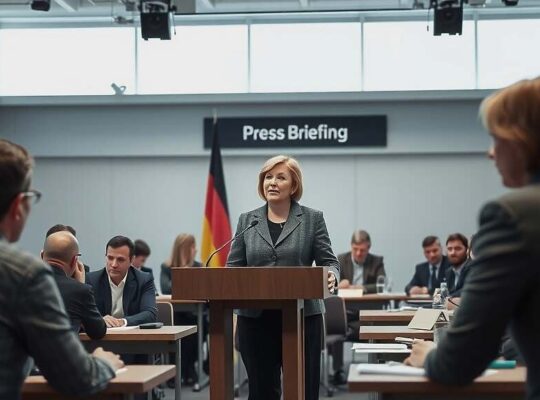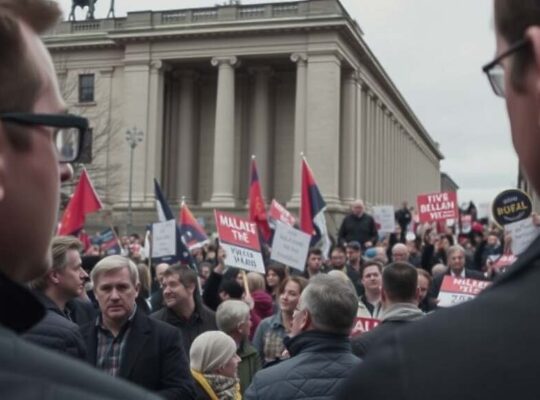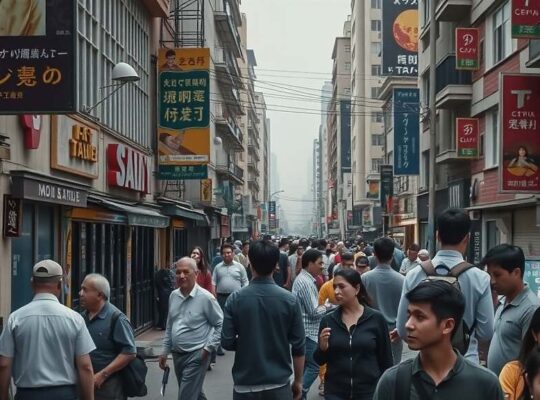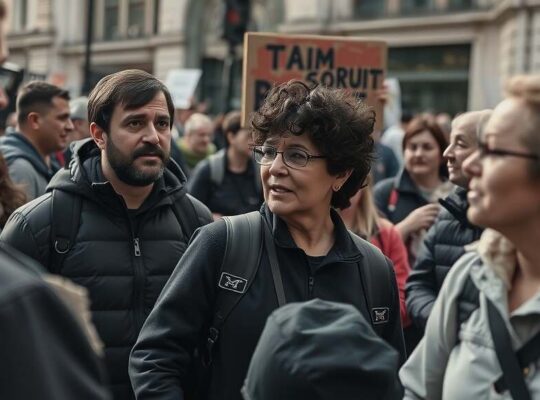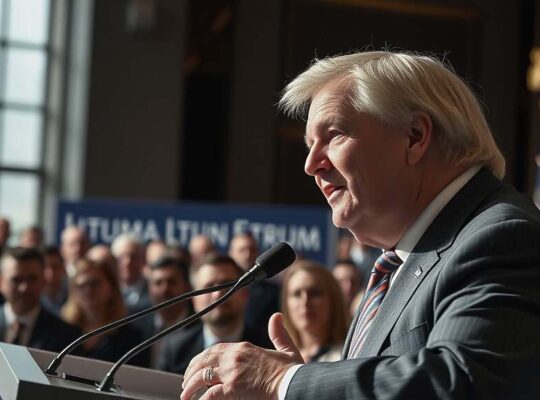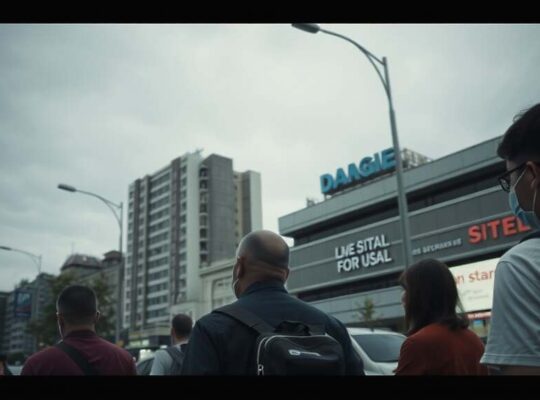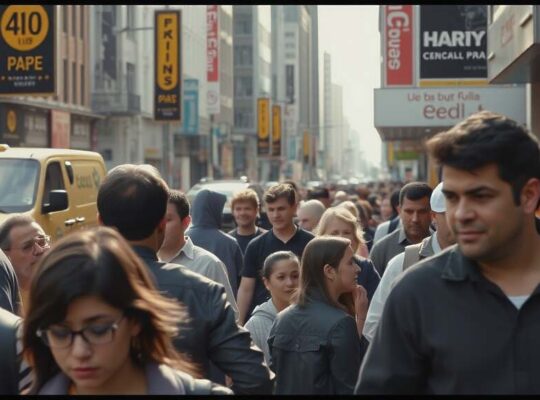The symbolic surrender of weapons by Kurdish fighters in Iraqi Kurdistan is generating cautious optimism and prompting renewed calls for a reassessment of Germany’s approach to the complex relationship between Turkey and the Kurdish movement. Jan van Aken, leader of the Left party (Die Linke), witnessed the initial weapons destruction in Sulaimaniyya on Friday and hailed the action as a significant step towards peace.
“From today, there is new hope for peace between Turkey and the Kurdish movement” stated van Aken. Thirty Kurdish combatants participated in the public weapons surrender and burning, demonstrating a serious commitment to the ongoing peace process following 47 years of conflict. He further argued that the time has come to reconsider the ban on the Kurdistan Workers’ Party (PKK) in Germany.
The Green party has also lauded the move, with foreign policy spokesperson Deborah Düring and human rights spokesperson Max Lucks describing the PKK’s voluntary disarmament as a “historic” gesture conducive to a peaceful resolution of the Turkish-Kurdish conflict. They emphasized the need for a new era of peaceful coexistence and transparency.
The Greens are calling on the German government to actively mediate between Turkey and the Kurdish region, given the substantial presence of Turkish and Kurdish diaspora communities within Germany. They specifically urge the release of several political prisoners, including Istanbul’s former mayor Ekrem İmamoğlu and former HDP co-leader Selahattin Demirtaş, citing instances of repression and ongoing detentions as contradictory to the prospect of a peaceful Turkey. They advocate that Foreign Minister Philipp Wenden communicates these concerns directly to his Turkish counterpart.
The calls for German government intervention also include pressure on Turkish President Recep Tayyip Erdoğan to implement policies that foster reconciliation and uphold democratic principles. The shared hope is that these combined actions can pave the way for a lasting peace and a genuine, civilian-led peace process supported by a parliamentary commission.


